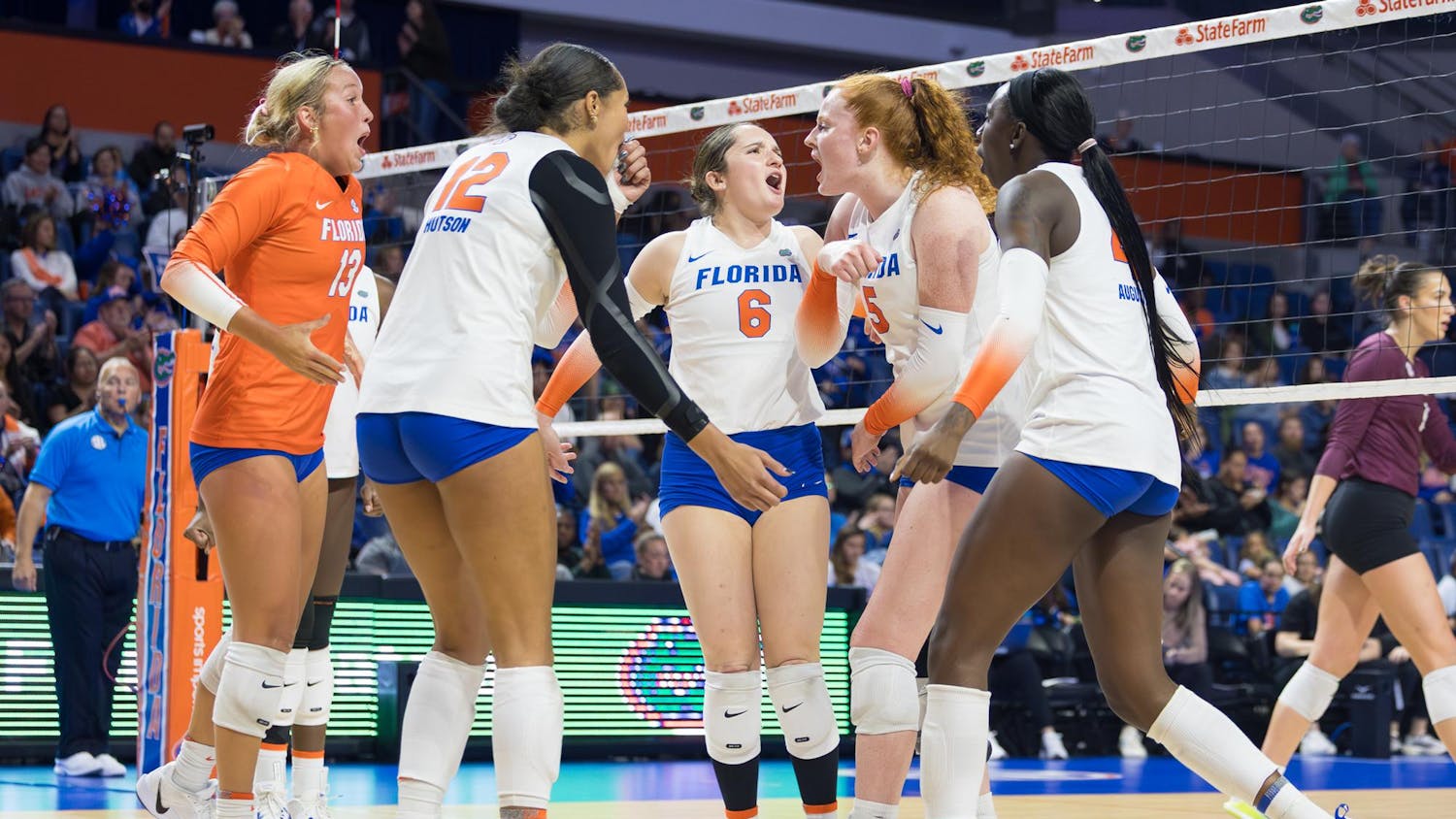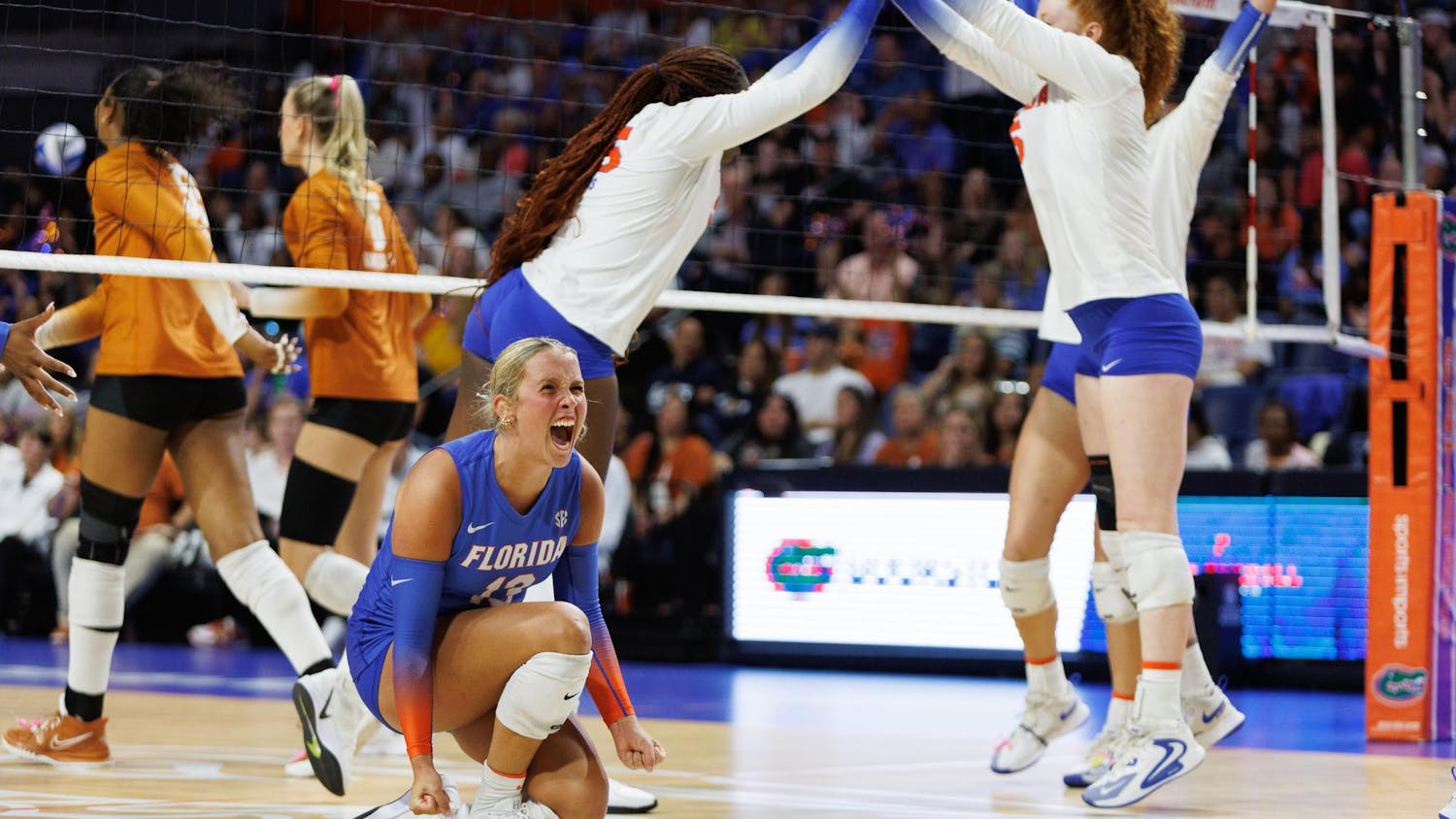Sand volleyball at the college level almost never made it to the opening serve.
In July 2008, the NCAA Committee on Women’s Athletics recommended sand volleyball be added to the list of “emerging sports,” the first step toward sponsored collegiate competition. The committee decided on the name “sand volleyball” in the hopes of including schools with climates less tropical than Florida or California.
In April 2009, that nomination was made official. Sand volleyball was slated to start Division-I play in the spring of 2011.
But there was a catch. It turned out not everyone was in favor of adding the sport — 63 schools petitioned to kill the sport, including Penn State, reigning three-time NCAA indoor champion.
The reasons were numerous. Some wondered about the impact on the indoor game. Others felt they would be at a disadvantage in recruiting if they didn’t have a sand game. Northern schools were worried about being overshadowed by schools in warmer climates (although the Association of Volleyball Professionals has held well-received competitions in cold-weather places).
Representatives from all 285 programs would weigh in. If 62.5 percent of them voted to override, the sport would be cut from NCAA consideration. These are tough economic times, and schools felt if sand volleyball became a sport, they would feel pressure to add it.
“It was the crashing of a real popular sport into financial realities,” said Kathy DeBoer, Executive Director of the American Volleyball Coaches Association.
The motion failed in January despite the majority (58 percent) voting for it. Sand volleyball lived to serve another day.
The debut was moved from spring of 2011 to spring of 2012 because so much time had been spent campaigning against the override. Now the rulebook on an entire sport — from playing to recruiting to scheduling — is being finalized.
Coaches will discuss the new sport and possible rules during spring meetings. Conferences will make proposals reviewed by eight NCAA cabinets that specialize in different aspects of college athletics, such as academics, financial aid and recruiting. The rulebook will be finalized when the coaches gather at the AVCA convention.
•••
Don’t expect to see sand volleyball become the next Gators sport, at least not right away.
Senior associate athletic director Lynda Tealer and UF volleyball coach Mary Wise said earlier this spring there are no plans at this time for UF to add sand volleyball.
Tealer said there is no set process for the school to add sports because it happens rather infrequently. UF sponsors 21 Division-I sports.
Further hurting sand volleyball’s chances in Gainesville is UF just added women’s lacrosse, which is in the middle of its inaugural season.
Adding a sport is a lengthy process. A staff must be hired. Facilities need to be built. UF announced it would add lacrosse in June 2006, nearly four years before the first match was played.
“Adding sports is very expensive,” Tealer said. “It’s a commitment for the long haul.”
Looking at that process can shed light on what might need to happen for sand volleyball.
Tealer highlighted several key factors why lacrosse won out over other women’s sports: popularity at young ages; the ability to compete for conference and national championships; growth of the sport; and possible fan support in the state.
Wise hopes sand volleyball will eventually come to Gainesville.
“I just don’t know of another sport that’s gotten as much excitement and buzz and attention as beach volleyball,” she said.
•••
The sport’s D-I status won’t matter if schools don’t add it. Emerging sports have 10 years to have 40 schools playing for at least two seasons. Meet that goal, and the NCAA will sponsor a national championship. Failure to hit the mark means the sport loses NCAA backing.
The economy isn’t the best. Some indoor programs won’t expand because they fear it will dilute what they have. Northern schools may hesitate to add a sport originally intended for warm climates. Those thoughts aren’t tempering the optimism of others.
“The players enjoy playing. The fans enjoying watching it,” Wise said. “I just can’t imagine it’s not going to catch on quickly.”
If that’s the case, two years from now, cars somewhere in America may pull off the road yet again.
Maybe this time it won’t be by accident.





